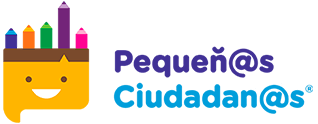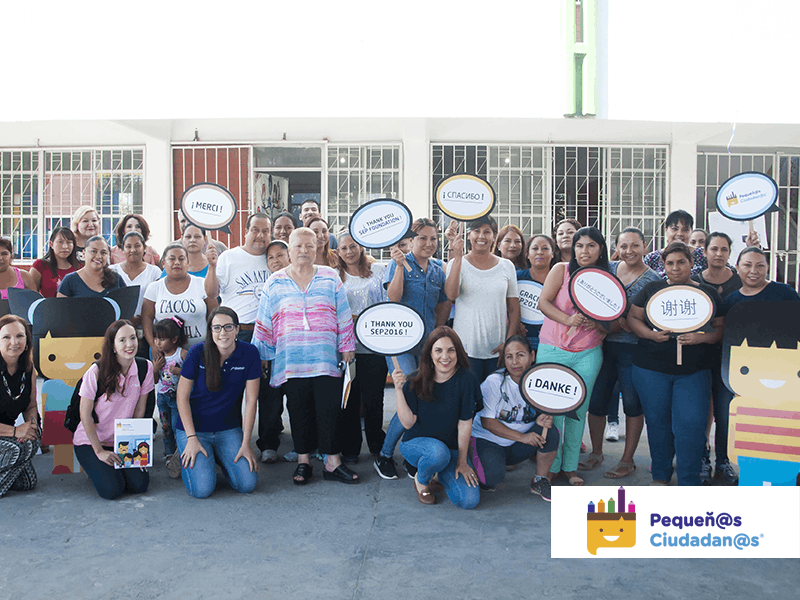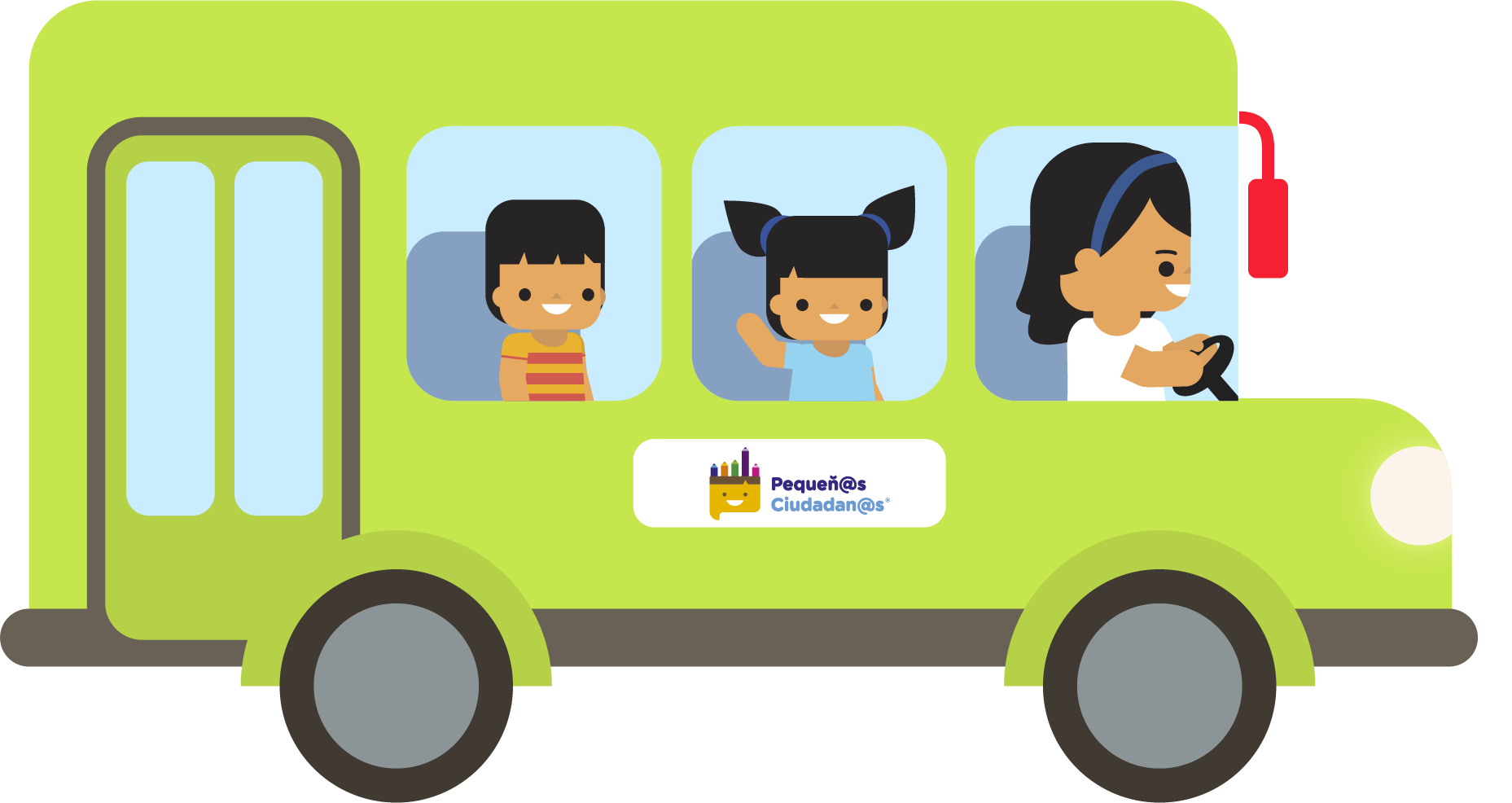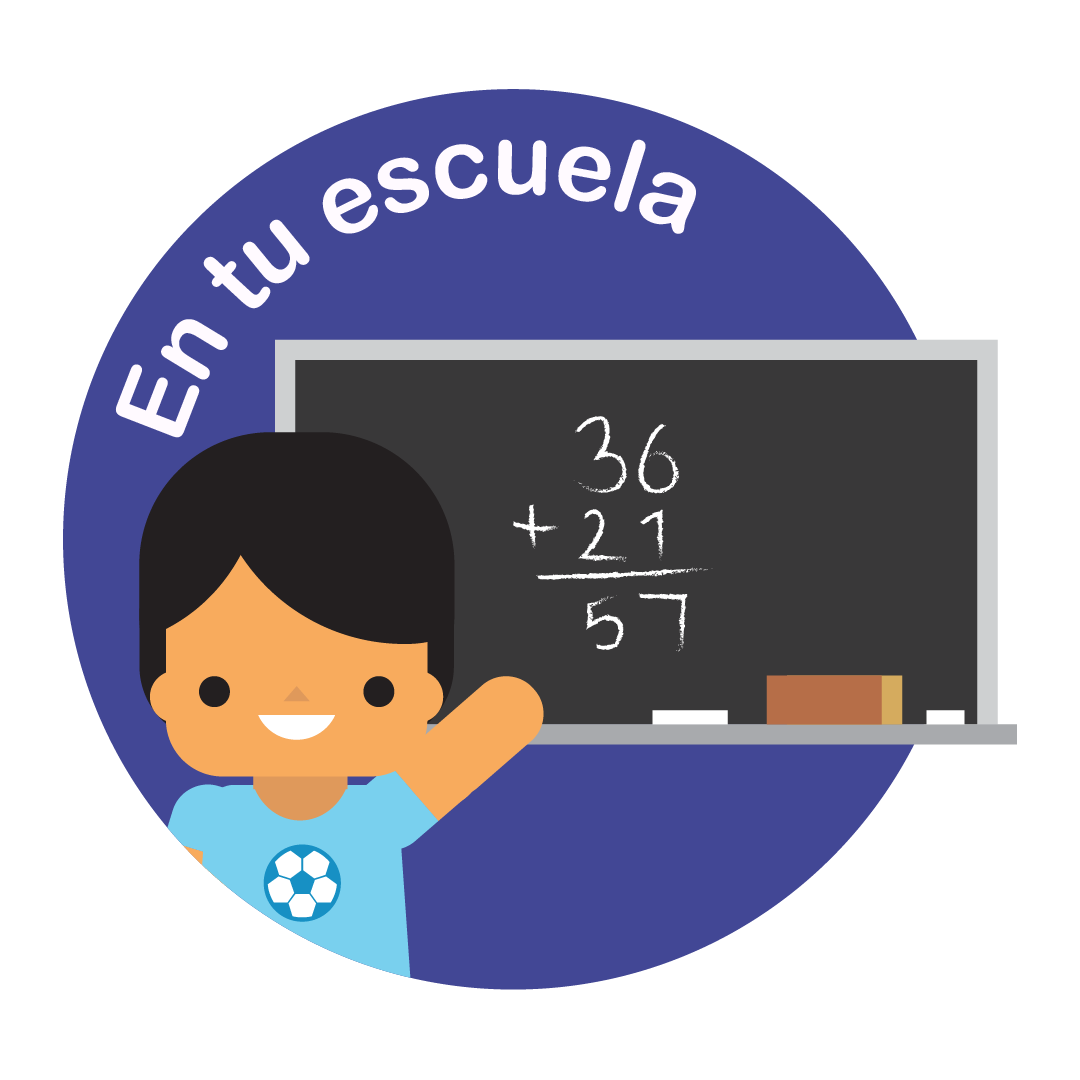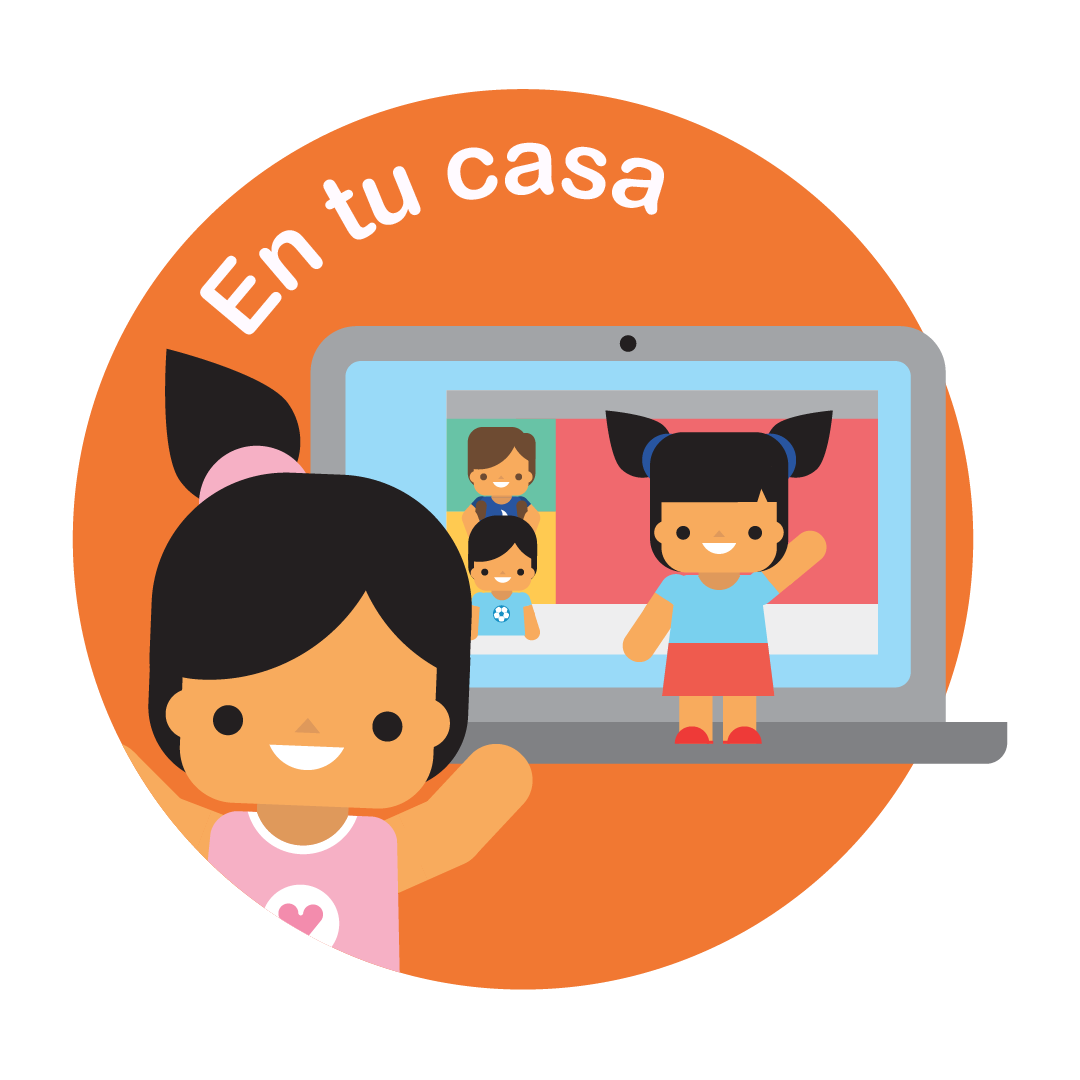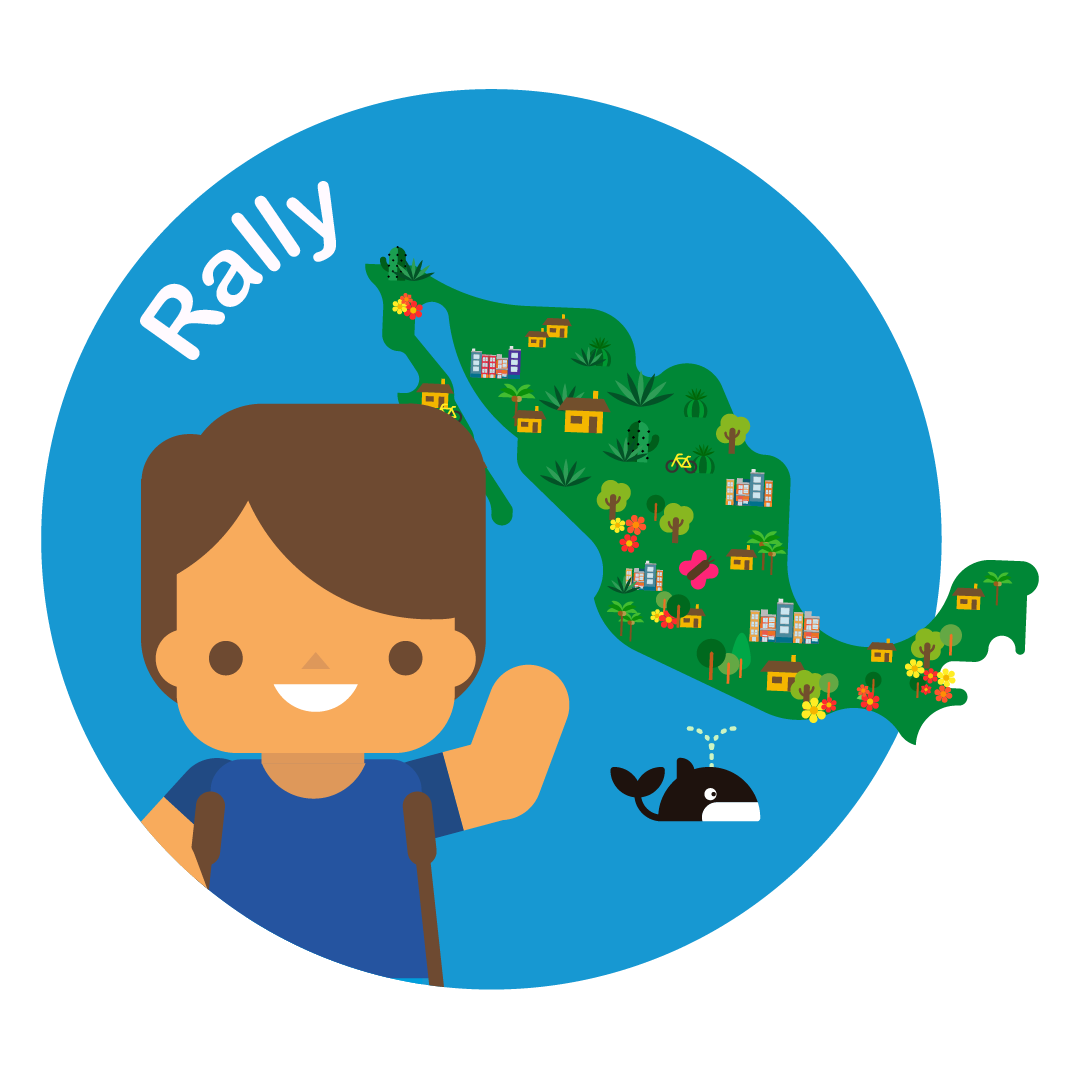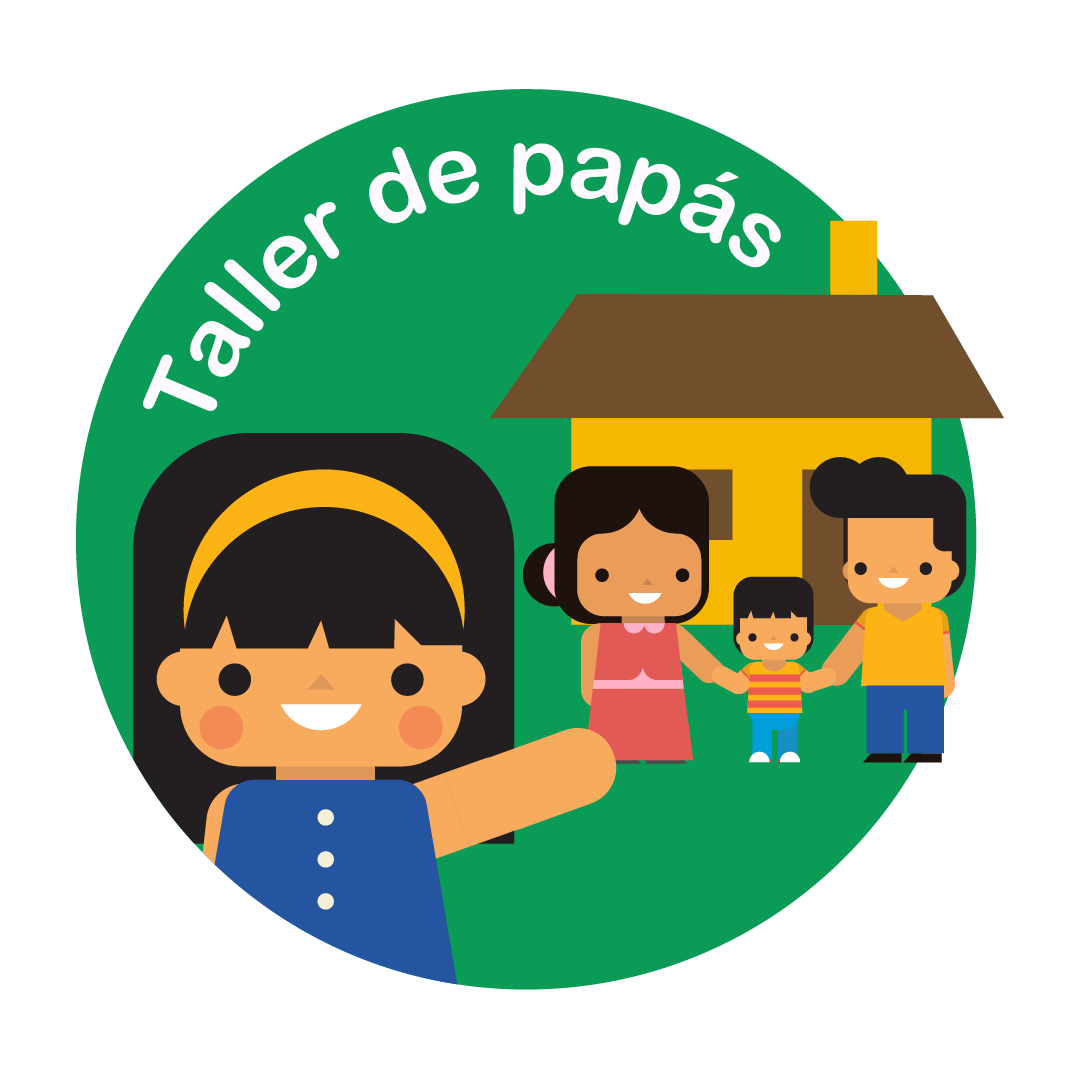Educamos a nuestros niños en competencias ciudadanas,
participación y emprendimiento social
Descargables
Descargables
Descarga GRATIS material educativo y divertido.
Juegos
Juegos
¡Diviértete jugando! ¿A qué nivel podrás llegar?
Plataforma Virtual
Plataforma Virtual
¡Regístrate gratis en nuestra plataforma y accede a nuestros cursos!
Serie Animada
Serie Animada
Videos educativos donde aprenderás acerca de los Derechos de los Niños.
Nuestra inspiración son los niños y niñas de México
2,984
Voluntarios participantes
62,580
Niños Beneficiados
4,230
Proyectos de niñ@s para mejorar su comunidad
322
Instituciones Beneficiadas
Súmate con un donativo mensual
En Pequeños Ciudadanos buscamos transformar México en un mejor país.
¡Dona! y juntos construyamos una sociedad más justa y plena
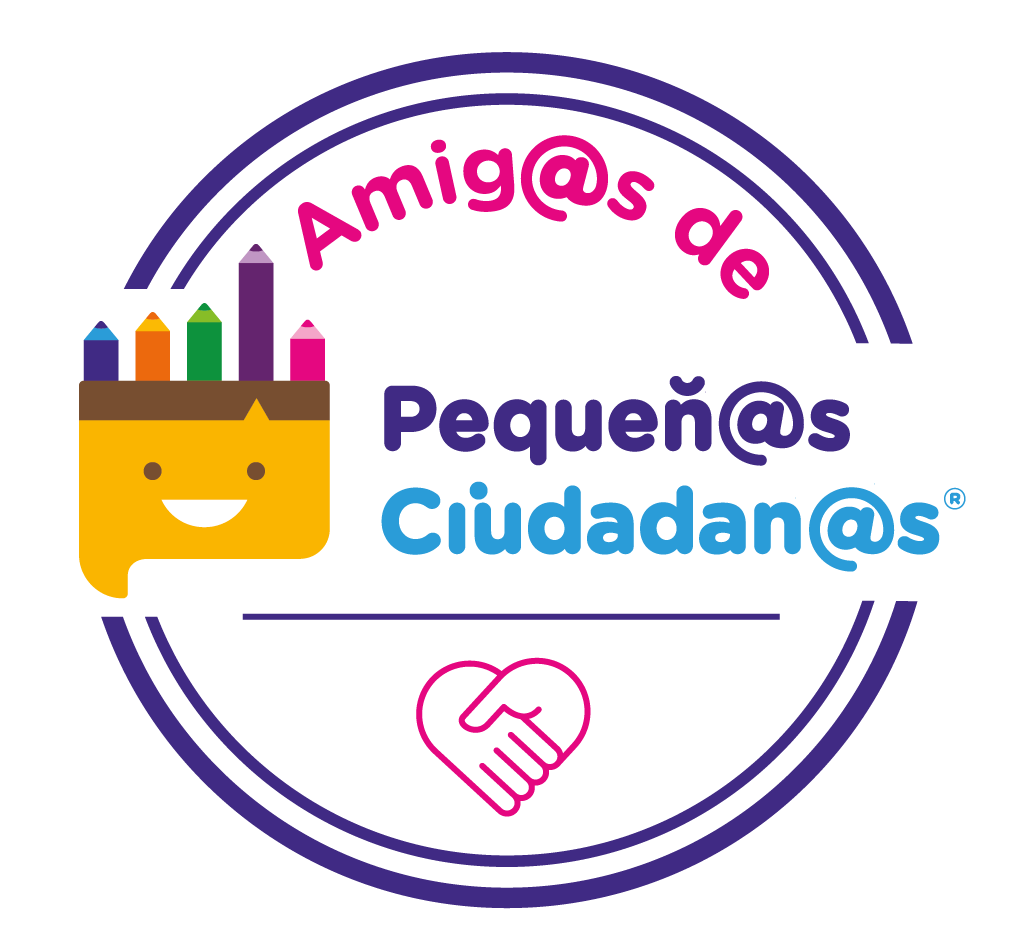

En Pequeños Ciudadanos creemos que la educación es clave para un mundo de paz y derechos para todos.
Serie Animada de Pequeños Ciudadanos
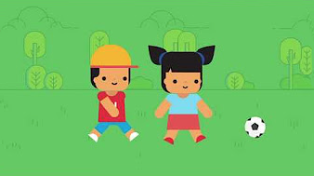
Pequeños Ciudadanos: Primera Temporada
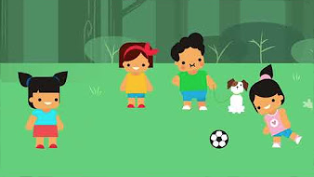
Pequeños Ciudadanos: Segunda Temporada
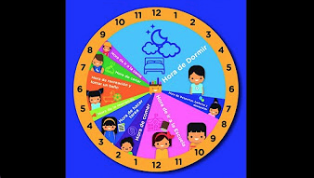
Actividades para hacer en familia
Empresas socialmente responsables
Realiza tu voluntariado corporativo con nosotros y vivan la mejor experiencia llevando alegría y conocimiento a los Pequeños Ciudadanos.
